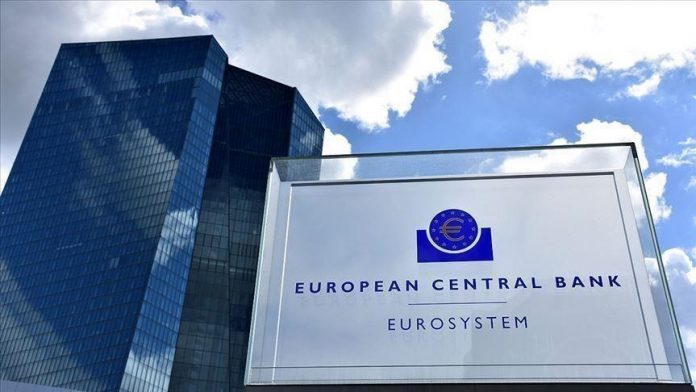In response to growing inflation, the European Central Bank (ECB) has adopted a more hawkish tone, hinting at a probable interest rate hike in the coming months.
“On this basis, it was argued that, for all practical purposes, the three forward guidance conditions for an upward adjustment of the key ECB interest rates had either already been reached or were very close to being met,” according to the ECB’s Thursday statement.
According to the minutes from the ECB’s monetary policy meeting on March 9-10, the timing of the first-rate hike would be determined by incoming macroeconomic data and financial market circumstances.
The bank also stated that the war between Russia and Ukraine “constituted a stagflationary shock,” implying reduced activity and higher inflation in the near term.
“At the same time, slower growth in the second and third quarters of this year could lead to a technical recession in terms of quarterly growth rates.”
The ECB went on to say that fiscal policy will be crucial in achieving a positive outcome for the economy.
Stagflation is defined as high inflation, high unemployment, and weak or negative economic growth in a given economy.

